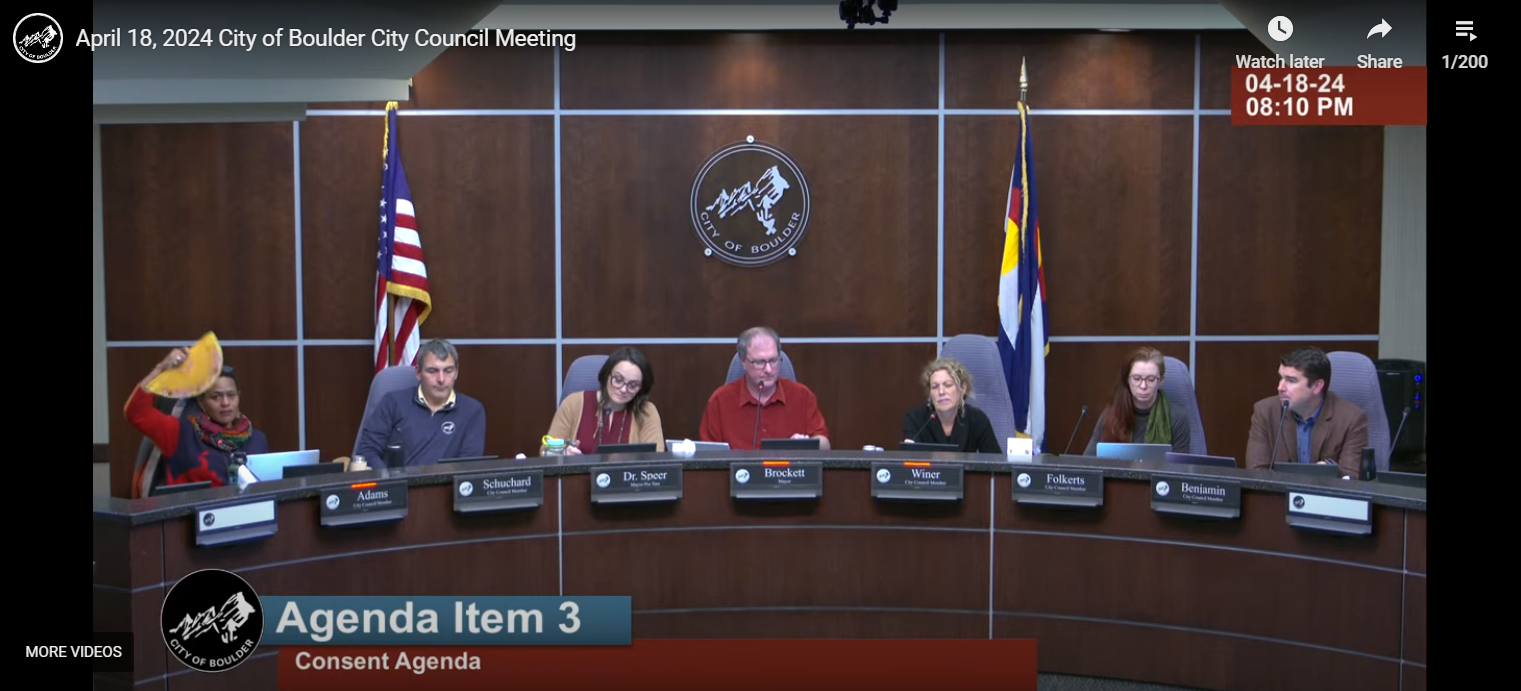About 50 Colorado residents suffering from terminal illness used doctor-prescribed medications to end their lives in 2017, according to a state report released Thursday.
The Colorado Department of Public Health and Environment says that 69 terminally ill patients got a doctor's prescription to obtain medications to voluntarily end their lives. Pharmacists dispensed medication to 50 patients. The department received death certificates from roughly the same number of people, 56, among all of those prescribed the medication.
The statistics are similar to those of other states with medical-aid-in-dying laws. Colorado voters approved the practice in 2016 and this report is the first annual release of data about it.
- Aid-In-Dying Law Gave His Wife The Peace She Sought, Herb Myers Says
- Catholic Hospitals Opt Out Of Colorado’s New Aid In Dying Law
- Medically Assisted Death Vote: A Fight Over 'Options' And 'Mistakes'
Kirk Bol, CDPHE’s manager of registries and vital statistics branch, says the number of doctors who wrote prescriptions appears to resolve a worry some had about the program. Thirty-seven doctors prescribed fatal medications for patients last year, under the law.
“One of the concerns I know that came up when the law was first passed was, ‘Would this create a cottage industry of just a couple of physicians who are doing this for all of the patients?’ ” Bol said. “It does not appear that that's the case in Colorado."
The prescriptions were filled by 19 pharmacies, Bol said.
Bol says patients getting the medications tended to share similar terminal diagnoses. "The number one illness being cancer in various forms, but also ALS or Lou Gehrig's disease right up there,” said Bol. The next most common illnesses were heart and respiratory disease. The average age of those getting prescriptions was 75.
A cocktail of drugs, including diazepam, digoxin, morphine sulfate and propranolol, were the most commonly dispensed medications. That combination is typically much cheaper than the second-most-used drug, secobarbital, which also goes by the name seconal.









